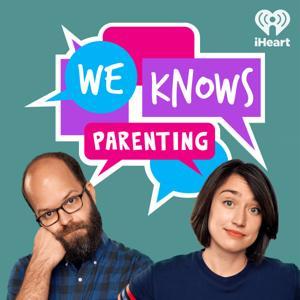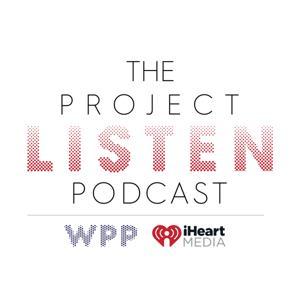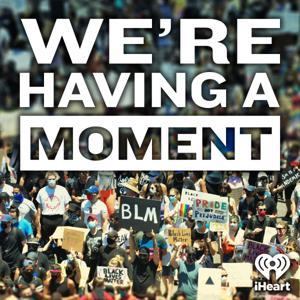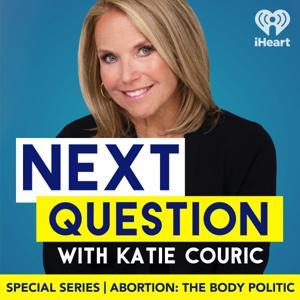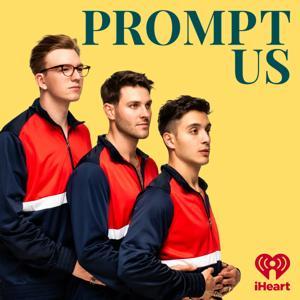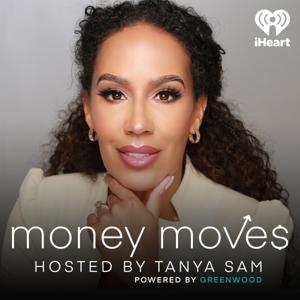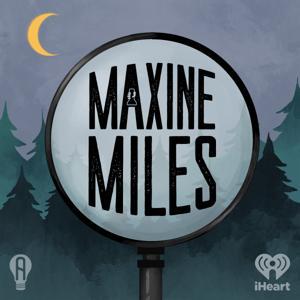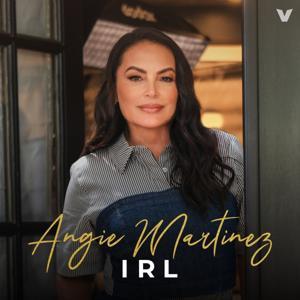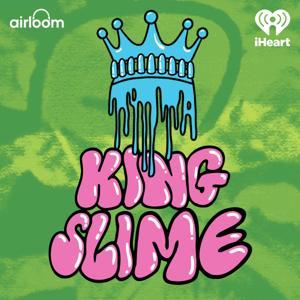With unparalleled speed and success amid a global pandemic, multiple vaccines are here to protect us from COVID-19. But as the vaccines roll out, difficulties far older than the virus continue to hold up the movement to vaccinate America, including geographic, economic, and racial inequities in health care -- and now: the widespread misinformation surrounding the vaccines themselves.
In COVID-19: Immunity in Our Community -- a new podcast series from the U.S. Department of Health and Human Services, iHeartRadio, and ABC News -- host Robin Roberts (Good Morning America) hears from Americans on the front lines: teachers, nurses, parents, and caregivers — many of whom were uncertain about the vaccines -- and uncovers the scientific facts that convinced them to roll up their sleeves and get vaccinated. Each episode will pair one guest’s journey with information from our country's top medical experts such as Dr. Anthony Fauci, to make sure that you and your loved ones have all that you need to make an informed decision about the COVID vaccines.
Learn more about your ad-choices at https://www.iheartpodcastnetwork.com
See omnystudio.com/listener for privacy information.





















